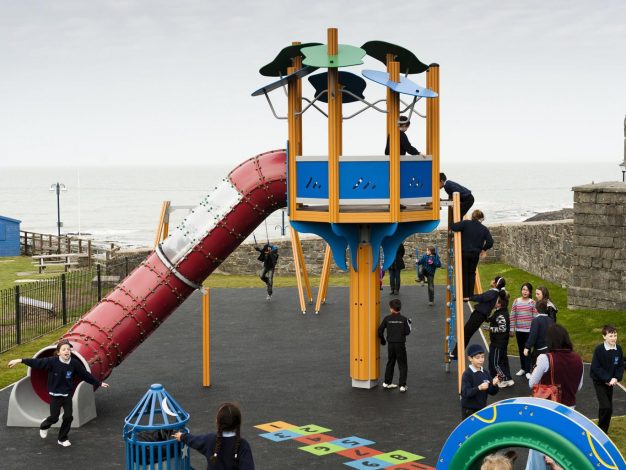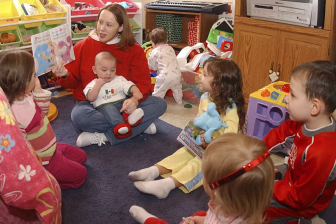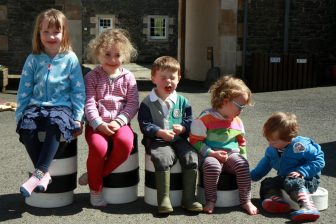
Children should work less hard and play more at school
Children should be encouraged to work less hard and play more at school, a headteachers’ leader has said.
David Hanson, chief executive of the Independent Association of Prep Schools, told his conference in Newport, Wales: “Our children should play more and work less in order to achieve more.”
If they play more widely, it gives them a wider world-view
He warned that “not everything must appear to directly contribute to enhancing exam results”, adding: “If children love reading, playing games or watching their favourite TV programme, we should let them.
“If they play more widely, it gives them a wider world-view: they will enjoy life more and ultimately achieve.”
His sentiments were echoed by Helen Skrine, the association’s vice-chairman and head of Belmont School in Dorking, who warned schools were facing “a growing tide” of mental health issues because of the pressures being put on children.
“I am a passionate champion for children’s well-being and I am very concerned about the current educational climate where many of ur children are in danger of being over-tested, over-worked and faced with the overbearing pressure to perform” she said.
“As a result school are facing a growing tide of mental health issues that will affect children across the social spectrum and age range.
“Unless headteachers allow children more space for creativity, challenge, play and a broad curriculum, we are in danger of developing a generation that is emotionally starved and I do not use that word lightly.”
She added that heads should resist slipping into the attitude that “good test results mean we have done our job as educators because this is not the case”.
“Doing our job means educating the whole child, not just the part that is good at exams but the part that enjoys running around on a sports pitch, conserving our environment or reading a favourite novel,” she added.
“Our job is sometimes as simple as realising that being physically healthy and emotionally resilient is more important than being successful.”
Mr Hanson added: “If we really think about what we want for our children, the result will always fall along the same lines: we want them to be happy we want them to be free of the hardships we have faced ourselves: we want them to find a genuine sense of well-being and be successful – with an appreciation of what that really means.
The IAPS represents around 650 private prep schools – taking in children from the age of three or four until they move on to the secondary sector.
Author: Richard Garner from Independent
Photo Credit: photo from Independent



